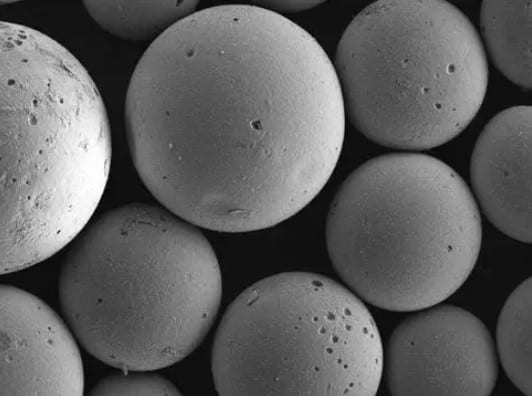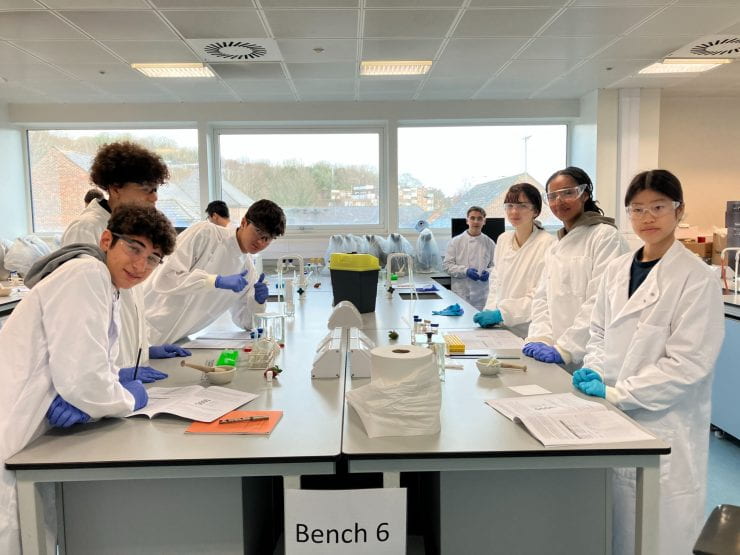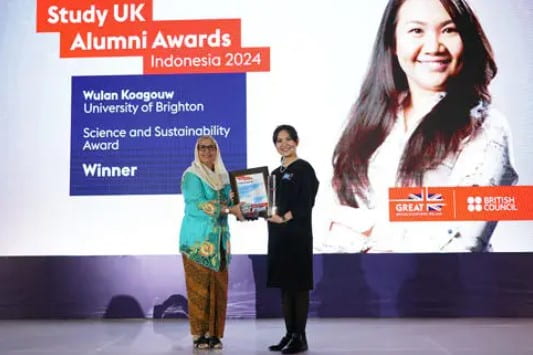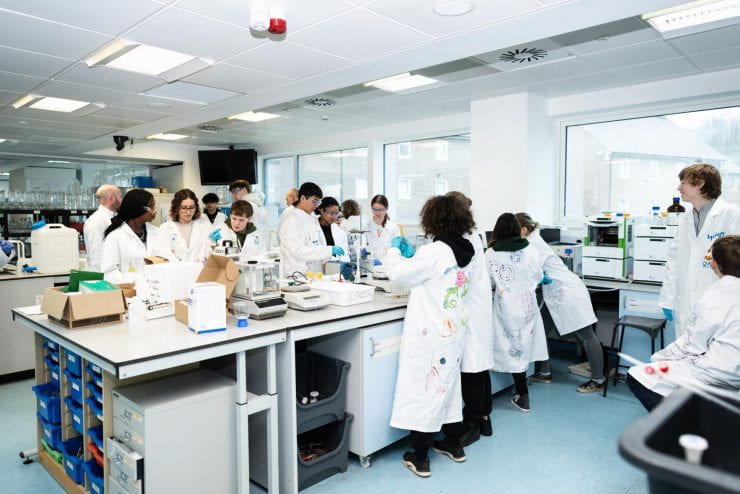If you’re in year 12 or your first year of 6th form college, you have the chance to try out what it’s like to study at university at our on-campus, residential summer schools.
Summer schools run from 9-12 July, and you can apply now. You’ll have opportunities to explore a variety of sessions during the day, giving you a taste of different courses, social activities in the evening, and overnight stays in our halls of residence – all supported by our undergraduate students at the University of Brighton.
Continue reading “Try out university life at our summer schools”








